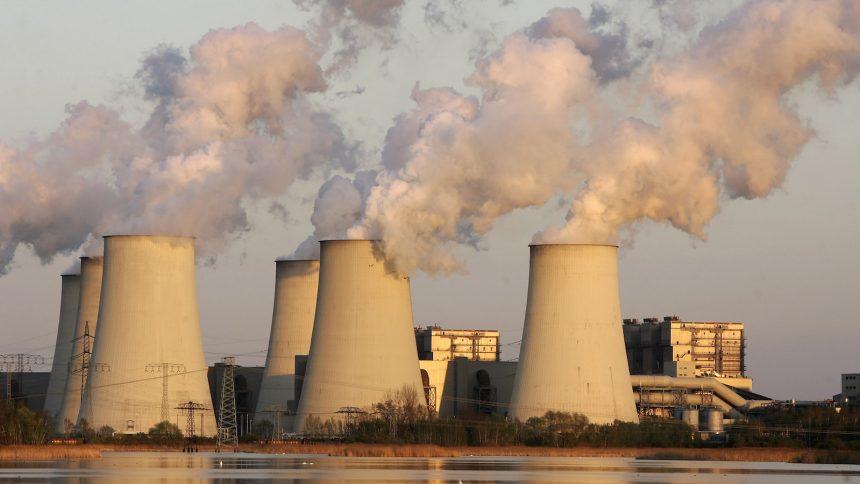Despite some improvements, the climate commitments made by major companies are still considered “critically insufficient” to effectively limit global warming to 1.5 degrees Celsius (2.7 degrees Fahrenheit), according to a recent analysis. The 2024 Corporate Climate Responsibility Monitor, a report produced by European nonprofits Carbon Market Watch and NewClimate Institute, reveals that many of the world’s largest companies are beginning to make more robust climate pledges. For example, some are moving away from misleading “carbon neutrality” claims and are now setting quantitative emissions reduction targets alongside their net-zero commitments.
However, there are still significant challenges. The report indicates that the climate plans of 51 major companies would only achieve a collective emissions reduction of around 30 percent below 2019 levels by 2030. This falls far short of the 43 to 48 percent reduction needed to limit global warming to 1.5 degrees Celsius. The targets set by most companies are described as “ambiguous,” omitting critical emissions from their supply chains and relying heavily on questionable carbon offsets.
Gilles Dufrasne, who leads global carbon markets at Carbon Market Watch and co-authored the report, noted that while there have been improvements, there is still a substantial gap between what companies pledge to achieve and what they actually deliver. The companies analyzed in the report come from four sectors – automobiles, fashion, electric utilities, and food and agriculture – and collectively account for about 16 percent of global greenhouse gas emissions.
The report raises concerns about companies’ failure to address “scope 3” emissions, which make up over 90 percent of their total climate footprint. Many companies, such as Toyota, Daimler Truck, and Tesco, have not outlined comprehensive plans to tackle these indirect emissions. Additionally, the report highlights how some companies rely heavily on land-based carbon credits and carbon removal projects, which may not effectively reduce emissions in the long run.
Experts emphasize the importance of concrete and detailed plans to achieve emissions reductions rather than vague commitments. Companies like Danone, Mars, Iberdrola, and Volvo Group are commended for backing their emissions reduction targets with concrete plans. However, others, like Walmart and Volkswagen, have not updated their targets or dropped interim goals, casting doubts on their commitment to climate action.
The report also highlights the need for more transparency and accountability in emissions reduction efforts. Companies are urged to take more decisive actions, such as phasing out coal-fired electricity generation and gasoline-powered cars. However, many companies seem to be resistant to making major changes and instead opt for incremental steps and questionable accounting practices.
Although some companies have responded to the report, disagreements remain about the effectiveness of their climate strategies. Nestlé and Mars defend their approaches, while others like Adidas and H&M highlight their progress in reducing emissions. The report underscores the need for stronger standards and less flexibility in emissions reduction targets to ensure meaningful progress towards decarbonization.






